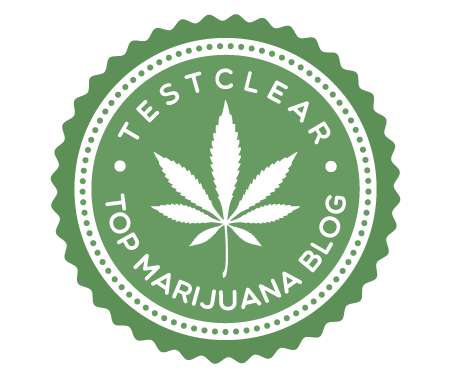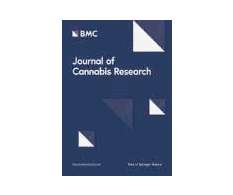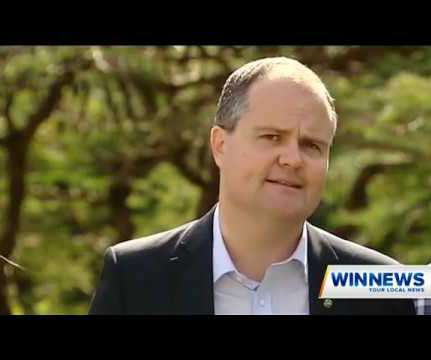How to Participate in Medical Marijuana Research
CannaMD
DECEMBER 16, 2020
By joining, you will contribute to research that will help the consortium learn more about medical marijuana and improve the usefulness and safety for people who are using or considering using medical marijuana, just like yourself. Click the links below to browse condition-specific studies: ADHD. CannaMD ‘s got you covered!













Let's personalize your content